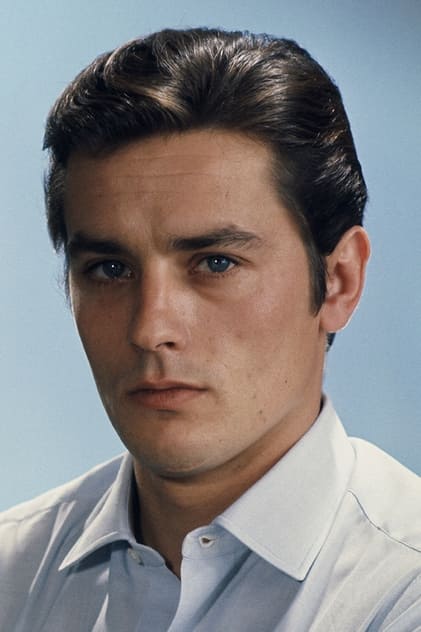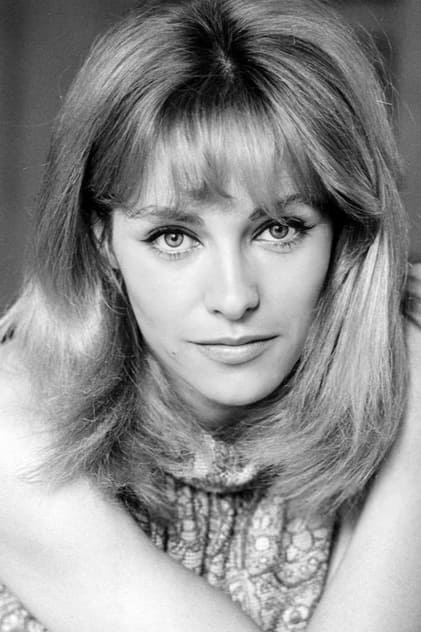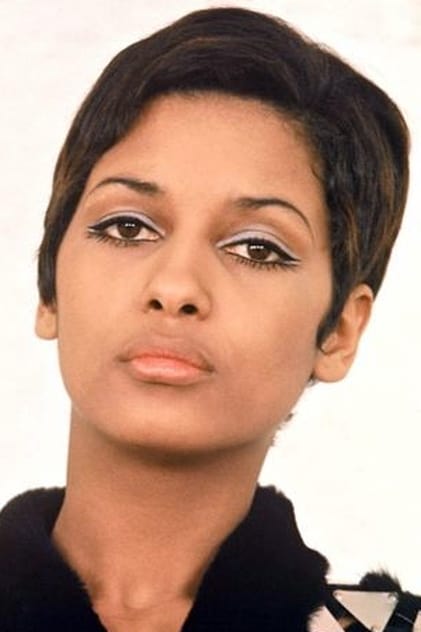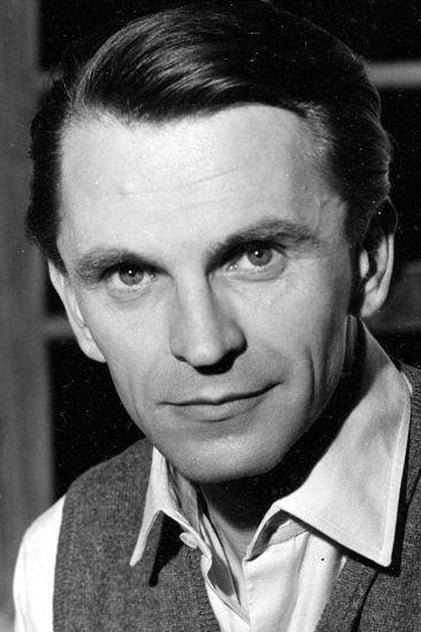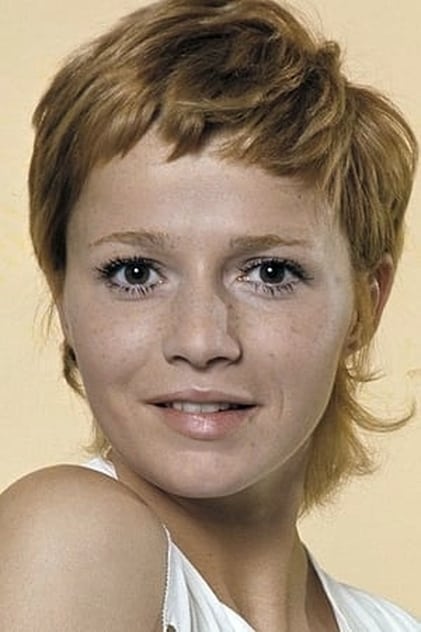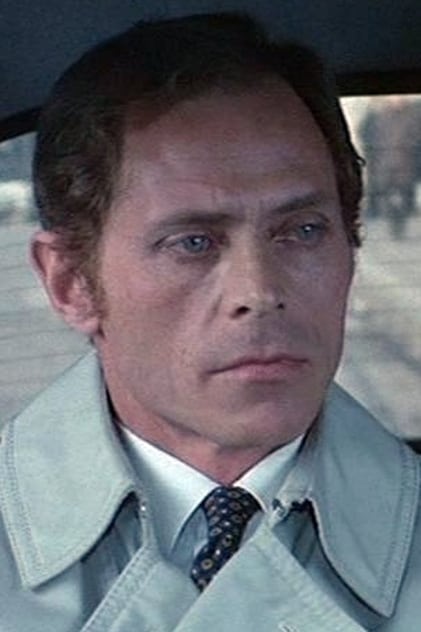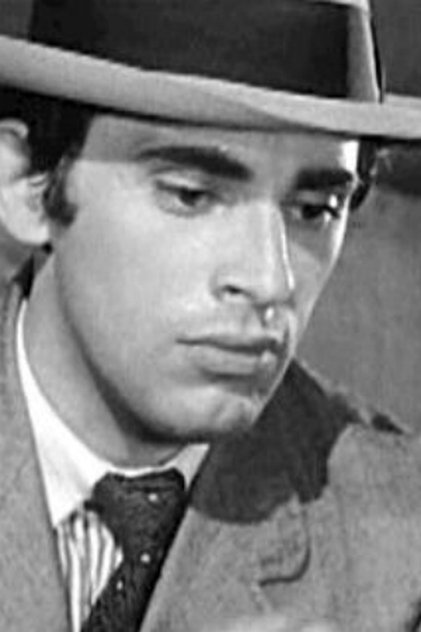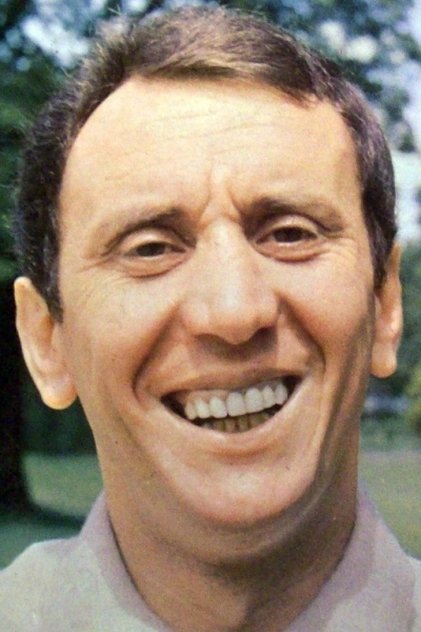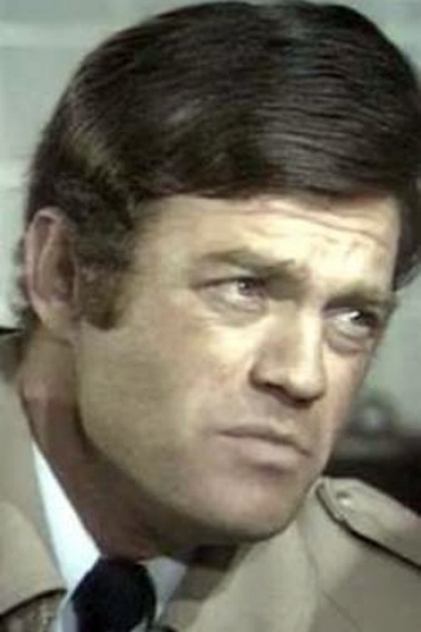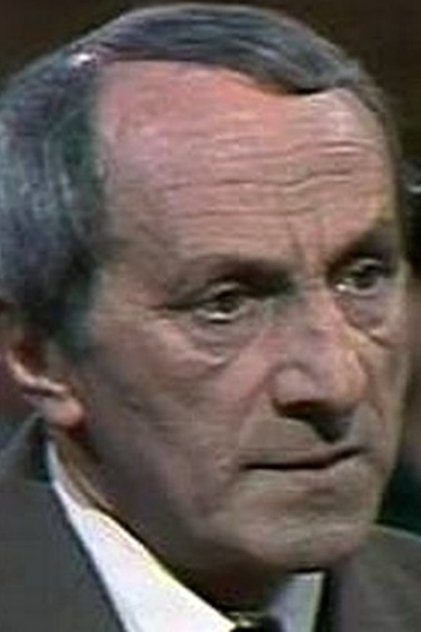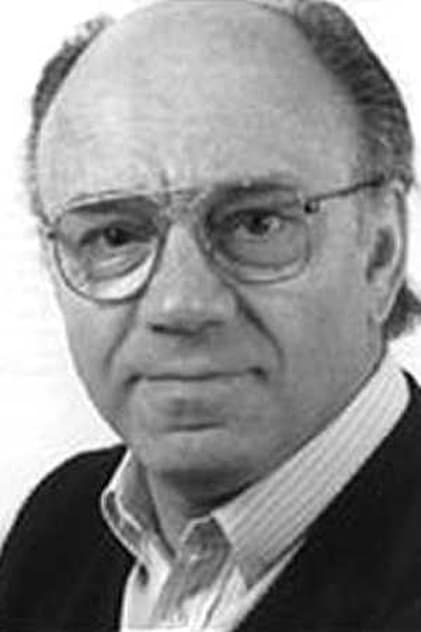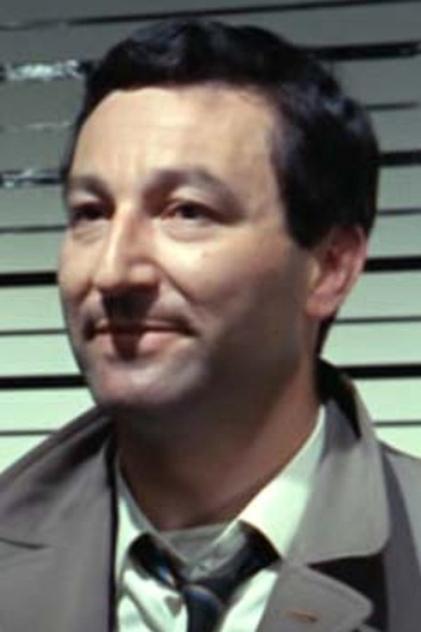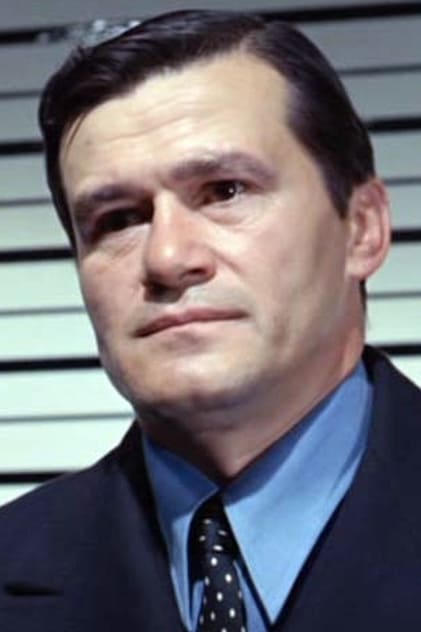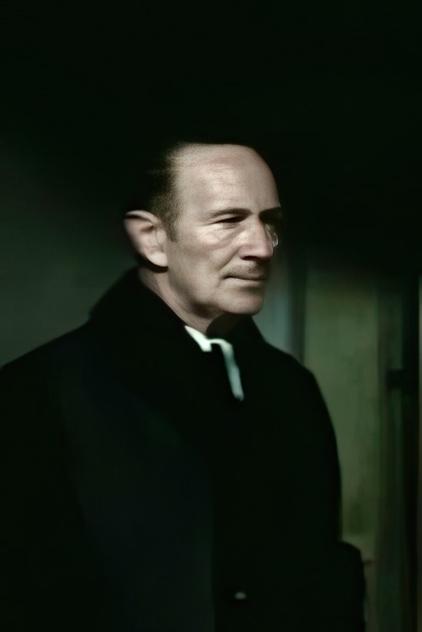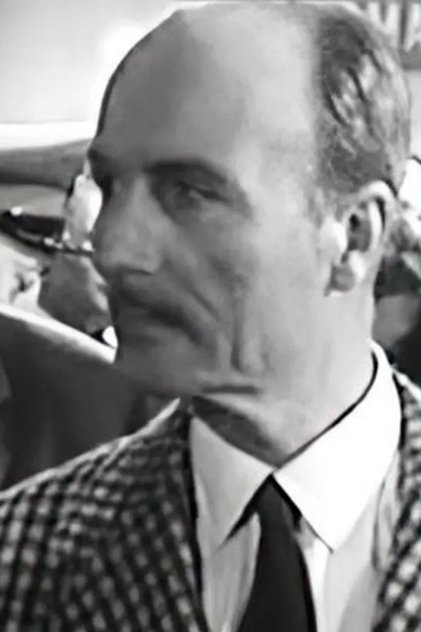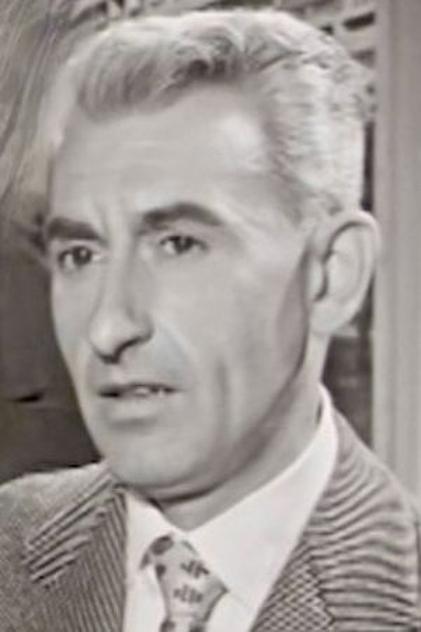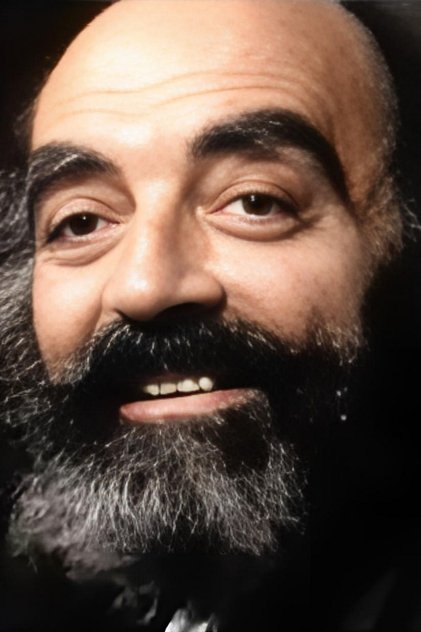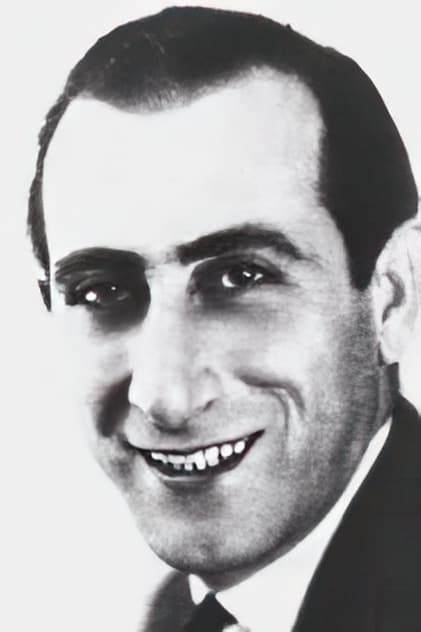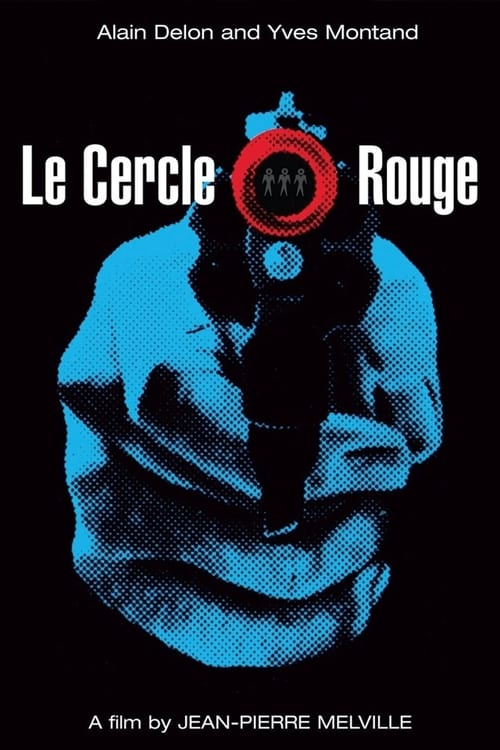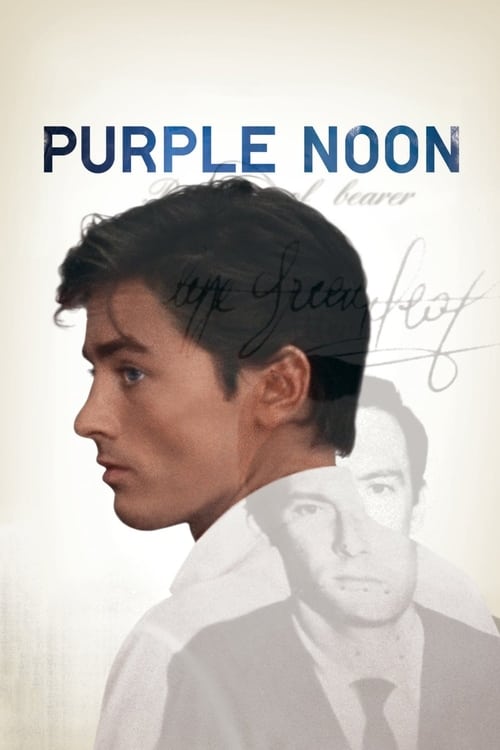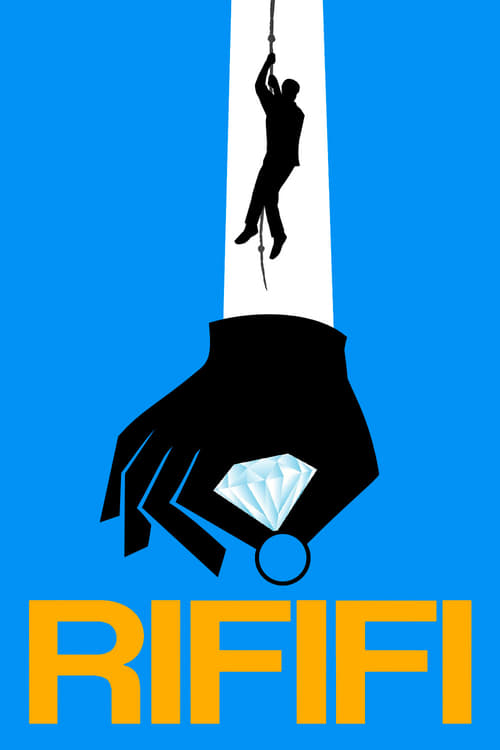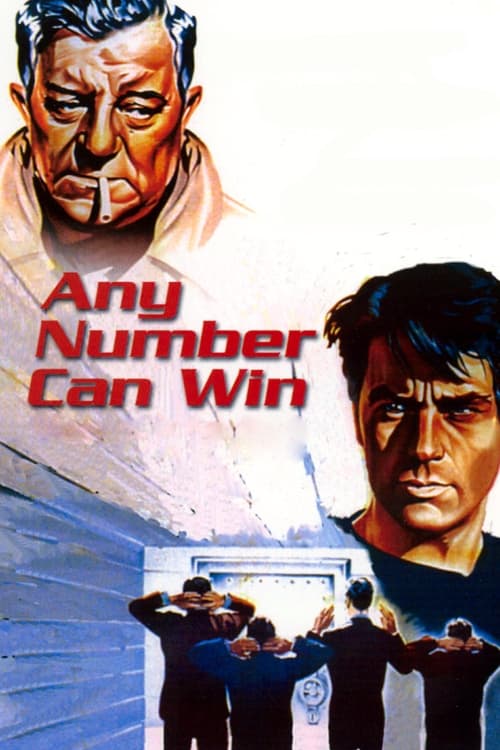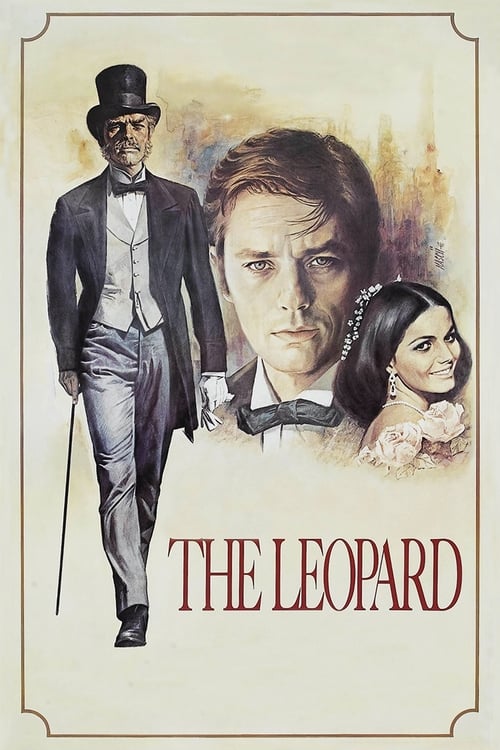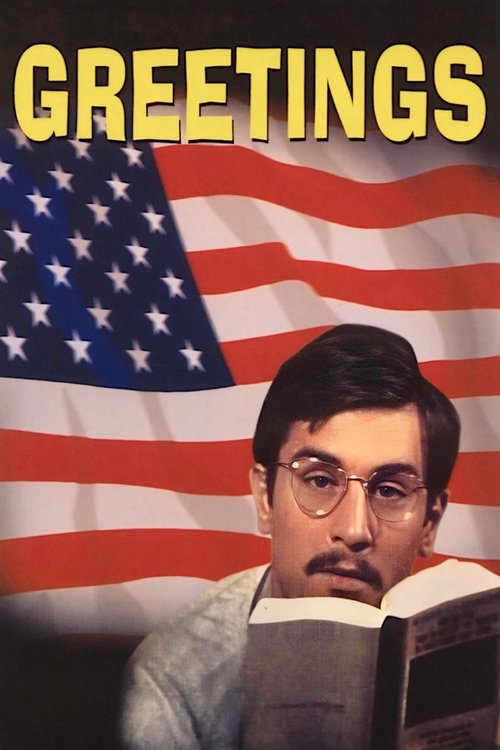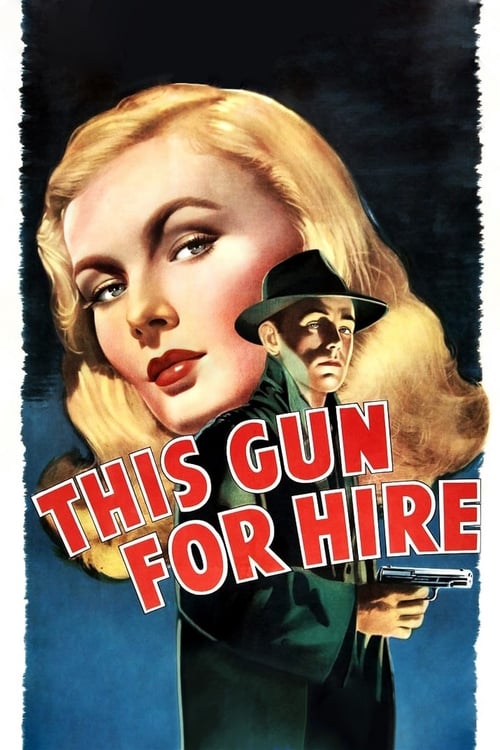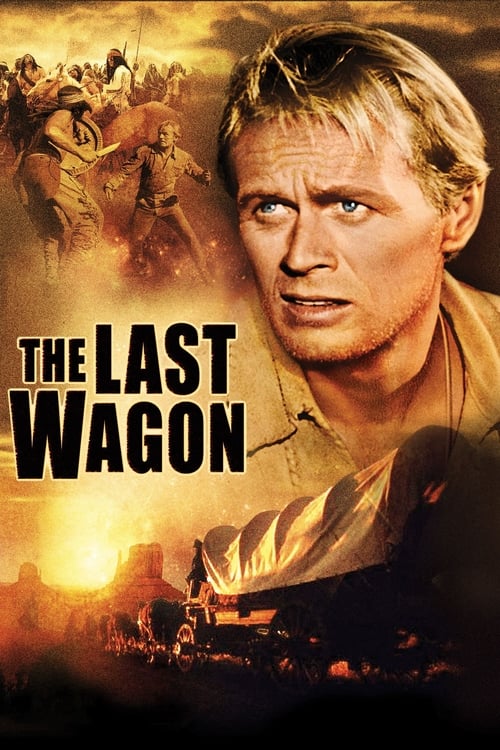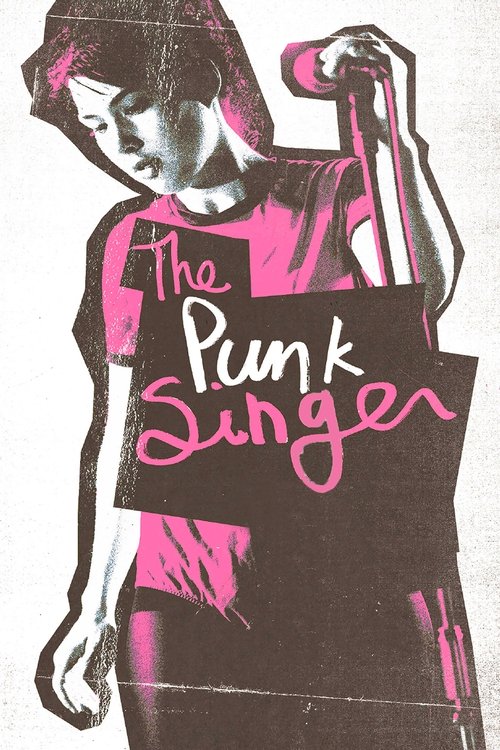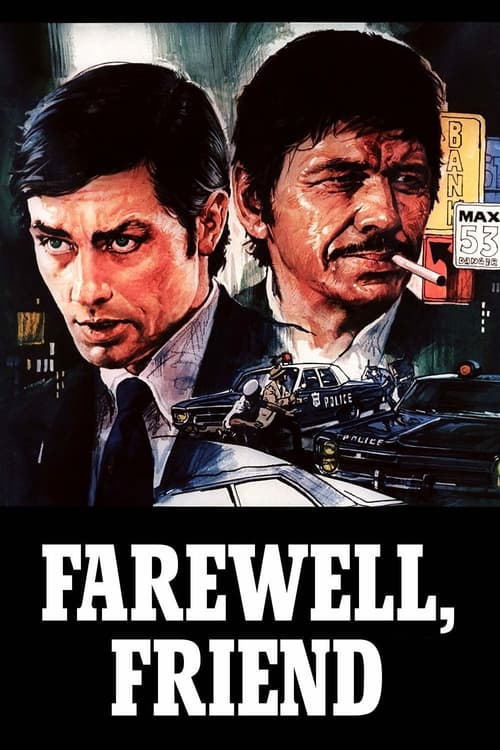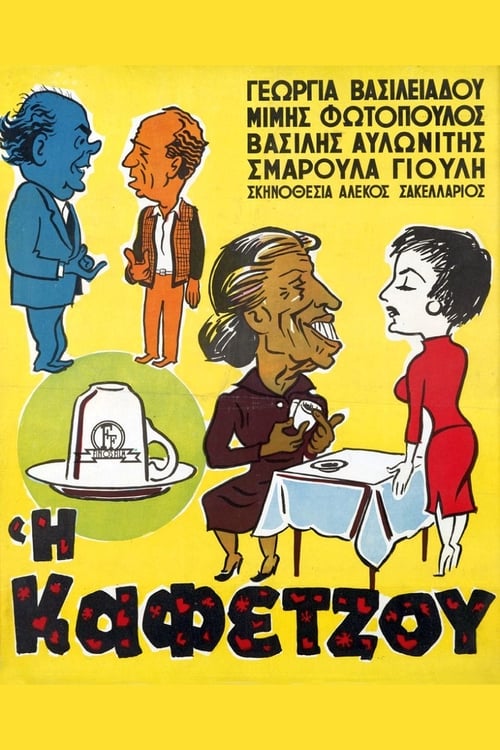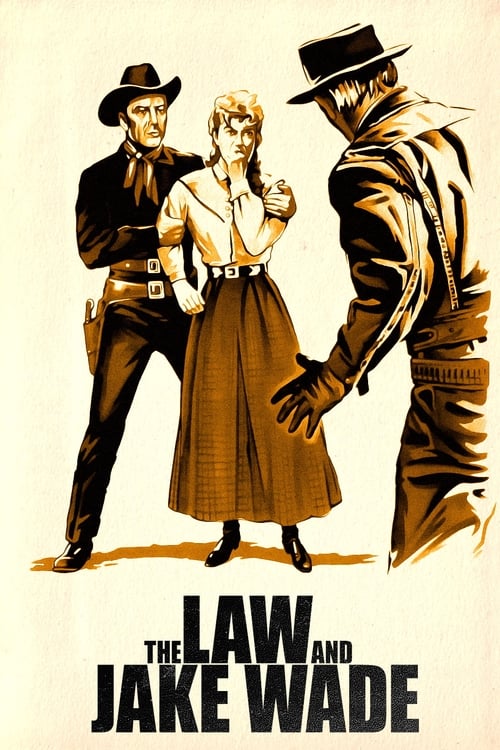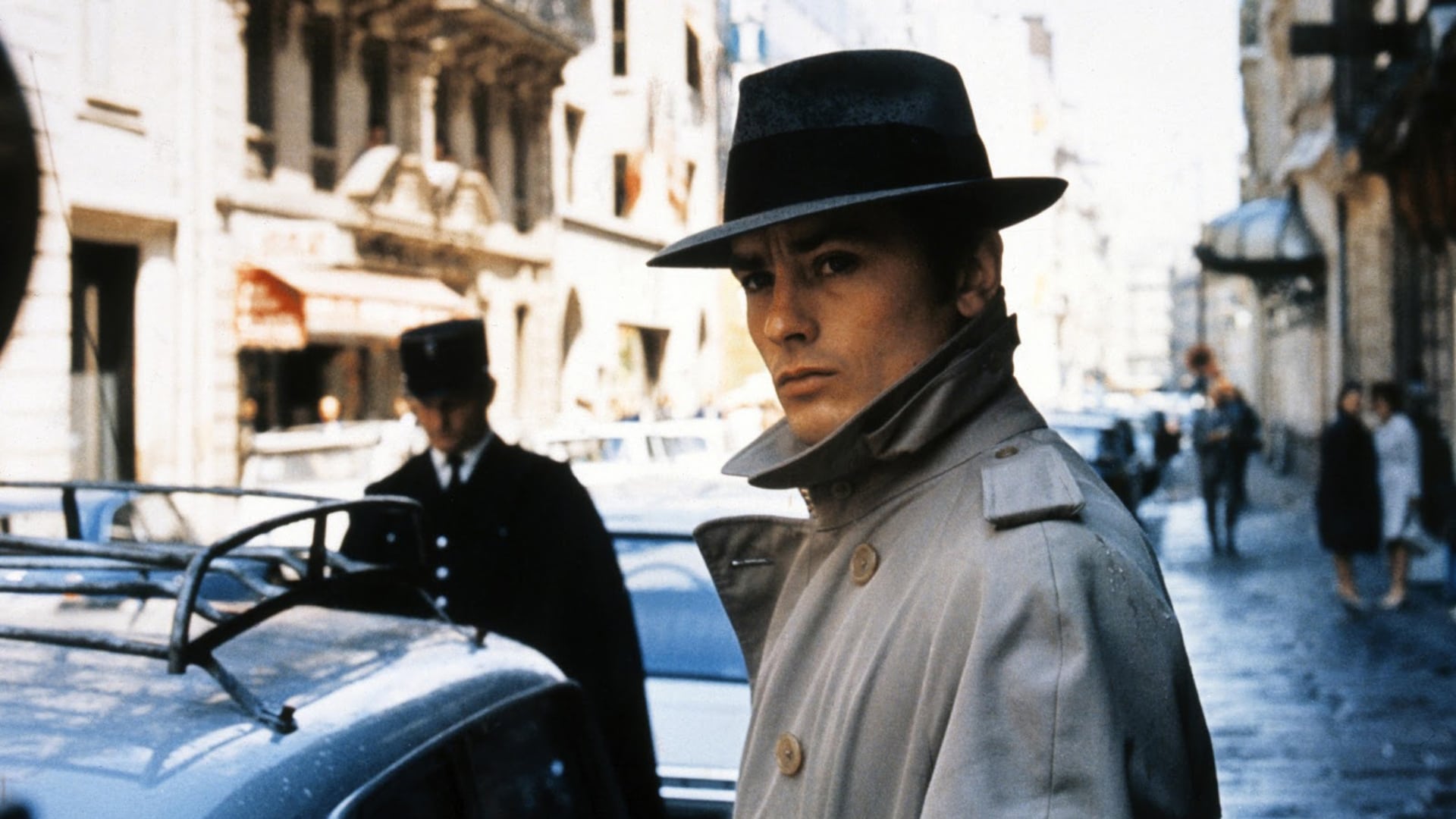

1967
·105m
Le Samouraï
Summary
After carrying out a flawlessly planned hit, Jef Costello, a contract killer with samurai instincts, finds himself caught between a persistent police investigator and a ruthless employer, and not even his armor of fedora and trench coat can protect him.
Reviews
John Chard
March 3, 2014
Magnifique.
Le Samouraï, one of the most highly praised French films of the 1960s, and justifiably so. Having only just caught it for the first time, I'm not sure what more I can say about a film that has been discussed, dissected, praised and pored over for nearly five decades now.
Plot is simplicity, hit-man Jef Costello (Alain Delon) enacts a hit but he is witnessed fleeing the scene and spends the rest of the film trying to make sure his alibi holds up. His employers want him erased so as to avoid detection themselves, the head detective on the case knows Jef did it but can't quite close the noose around his neck, and Jef is mysteriously drawn to a sultry piano player who happens to be the chief witness against him!
Sparse of dialogue, this is a masterstroke decision by director Jean-Pierre Melville, because what chat there is makes us hang on every word being spoken. It also re-enforces the loneliness essence of the hit-man's life. Jef's apartment is so bland and devoid of personality, the only thing of beauty there is a bird in a cage, the metaphor of such is hard to ignore. Jef himself is beautiful, he also is perpetually in an emotionally frozen cage.
Attired in trenchcoat and fedora hat (or is it a trilby?), it's obvious that Delon and Melville are homaging with great respect the American film noir classic cycle. It's also quite amazing that although the film is technically filmed in colour, it still feels like one of those black and white noirs of the 40s and 50s. There's a coldness to Henri Decaë's (Ascenseur pour l'échafaud/Elevator to the Gallows) photography that so befits the story, the interiors are stripped of life, the exteriors almost always gloomy. And with the brilliant Delon as cool as an Eskimo's wedding tackle, icy veneers are all the rage here.
Hugely influential, Le Samouraï deserves every plaudit that has come its way. Best thing about it is that it actually gets better on a repeat viewing, because the surreal edge disappears the next time and in its place is an awareness of what the director is doing, and with that comes an appreciation of great film noir film making. Hell! Even the finale is pure noir of heart. 9/10
Media
Status:
Released
Original Language:
French
Budget:
$0.00
Revenue:
$215,245.00
